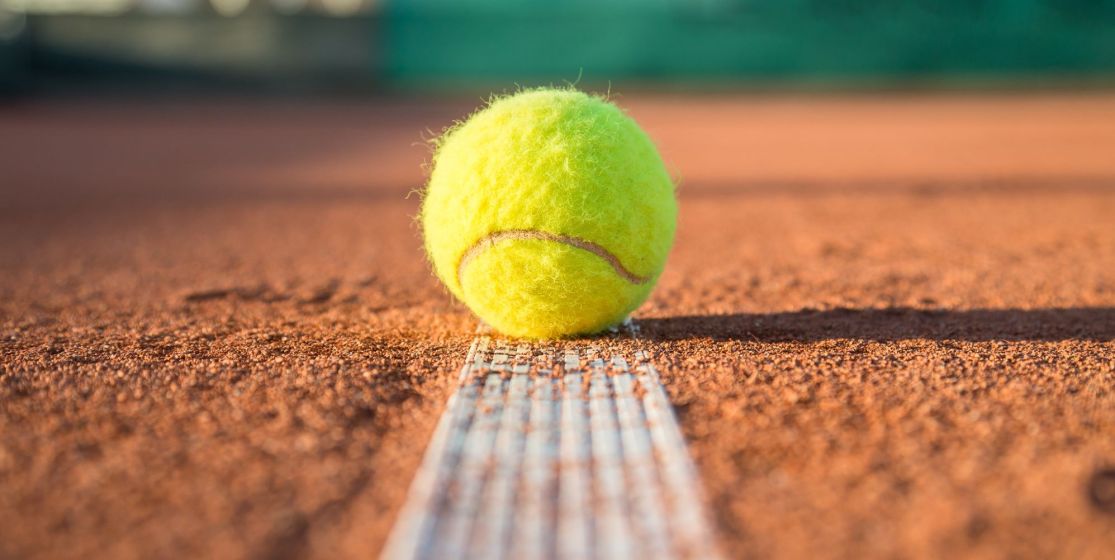... Between 16 and 18...
... You're junior world champion almost by accident, playing only half of the eligible tournaments...
... You make two or three really promising performances against players who used to be ranked in the Top 100 and it goes to your head.
... Famous equipment manufacturers fight to sign you as obviously you’re the next big thing. And you just can’t stay with this little Italian designer.
... You get emotional when girls start screaming your name at the exit of the court after an important victory. You just met the groupies. Your first emotions maybe, but not necessarily theirs.
... Your friends, your next-door neighbours and the tenant of your local pub keep talking about how good you are and you start believing it.
... There’s an article with picture about you in a national newspaper when - let's be honest - you haven't proved anything.
... Your life looks like a fairy tale and you don’t see it.
.... You take the first set against a Top 10 player in one of your first Grand Slams before breaking down and only winning four games. As a sign...
... Between 19 and 22...
... Your agent decides of pretty much everything for you, not your coach.
... In your first ATP final (a 250), you lose against a guy your age you used to beat every time in the juniors.
... You take out the world number one to three sets in a Masters Series quarter-final before collapsing against the forty-third ranked player, who crushes you mentally. The Argentinian way, on clay...
... You play the quarter-final of a Grand Slam then lose in the first round of every tournament for three-and-a-half months...
... You go out with the bassist of a German indie rock band and it seriously disturbs you.
... Your seasons end up looking all the same: a few remarkable feats, a few sensational exits and unpredictability as your call-sign. You are bipolar and you don’t know it.
... You regressed for the first time since your pro debut in the year-end ATP rankings. You're not twenty-two yet...
... You never know how to enjoy a good spot in the sun.
... Your mother really takes up too much space in your career. People start noticing it.
... Between 23 and 26...
... You change coach like you change mobile phone.
... You are satisfied with regular defeats in the last sixteen of Grand Slams.
... You haven't won a tournament for the past eighteen months, but well, it's fine.
... You never disappoint when you play one of the top 10. You lose every time.
... You go from an American multinational sportswear brand to an emerging chav brand from Sheffield for your equipment...
... You have always a good excuse when you lose: bad bounces, rain, roof problem, audience too noisy, fitness... What else?
... Your girlfriend is a Lithuanian supermodel. After that, fighting for five sets against a Spanish pit-bull seems like a traumatic experience.
... At 27 and more...
... You stopped listening to your coach. In fact, soon you won't have one anymore, you will travel alone.
... Your fans are ready to ignite when you pass several rounds of a Grand Slam, even when, in their heart of hearts, they are fully aware that you will never win one.
... You could disappear from the tour and nobody would notice.
... Anyway you keep making two or three great coups per season. It's your trademark.
... Only a miracle can change the face of your career like Gomez (Roland Garros, 1990) or Ivanisevic (Wimbledon, 2001)
... At 27, you're over the hill. Everyone knows it, starting with you. And nobody talks about it.
...When you retire, journalists will be sure to mention your huge, unfulfilled potential and many eternal regrets. The waste wasn’t inevitable...
By Rico Rizzitelli






